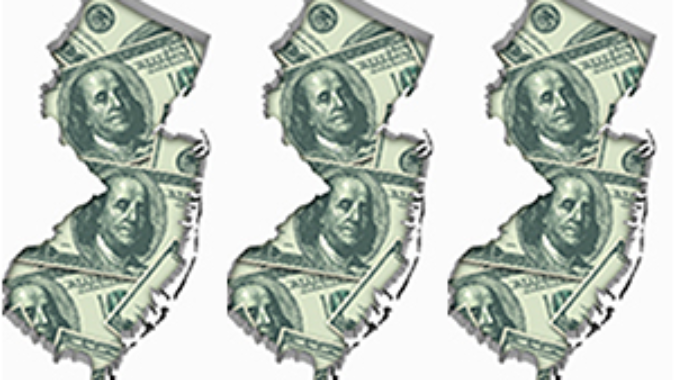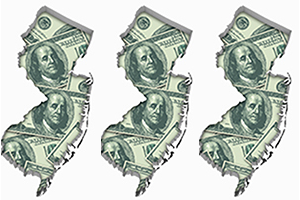Legislative leaders of both parties were already skeptical about raising taxes this year before revenue estimates were revised upward. With news that another half-billion dollars in revenues is coming in for both this year’s and next year’s budgets, legislators are sounding even more doubtful a tax increase is necessary.
The Office of Legislative Services (OLS) and State Treasurer Elizabeth Maher Muoio delivered the news on tax revenues when they appeared before both the Senate and Assembly Budget Committees this week. They agreed that increased revenue from the Corporation Business Tax (CBT) and record-setting Gross Income Tax (GIT) collections for April will add hundreds of millions of dollars in revenue beyond what was estimated just last month.
OLS increased its revenue projections by $484 million for FY 2019, and $49 million for FY 2020, while the State Treasurer revised revenues upward by $377 million for FY 2019 and $240 million for FY 2020.
Despite the surge in revenues, the Murphy administration continues to call for extending the top income tax rate of 10.75% to all income over $1 million. Currently, it is applied to income over $5 million, a change enacted last year.
At thethe Senate Budget and Appropriations Committee hearing, Chairman Paul Sarlo noted that both legislative leaders have said tax increases should be a last resort and there won’t be a millionaires tax this year.
“With that out there, how does the administration justify proposing a millionaires tax?” Sarlo asked Muoio.
At the Assembly Budget Committee hearing, Vice Chairman John Burzichelli noted the state had one of its largest budget surpluses in history—roughly $1.4 billion—though one woefully short of what is recommended.
“If the projected revenues can do everything the governor wants to do, why would we reach for a millionaires tax?” he asked.
The Treasurer said the increase was needed as a way to provide $250 million in property tax relief in FY 2020, cover non-recurring revenues from FY 2019, and satisfy expenditure needs going forward such as education funding and escalating pension payments. However, this was met with resistance by a number of lawmakers, including Sarlo, who said the increased revenue collections reduced the pressure and need to increase the GIT rate on income over $1 million.
As a result of these increased revenues, Muoio also cited the need to boost New Jersey’s budget savings. Earlier this week, she announced that the administration would be making a deposit of $317 million into the State’s Surplus Revenue Fund (SRF), which is commonly known as the “Rainy Day Fund.” The fund has been completely empty since its $734.7 million balance was drawn down following the Great Recession.
Additionally, during the Assembly Budget Hearing, EconomicEconomic Development Authority Executive Director Tim Sullivan was questioned about the state’s economic development incentive programs. He noted that in attracting companies to New Jersey access to a talented and educated workforce and the state’s infrastructure network are positive attributes, and added that tax incentives are also a necessary part of the toolkit.
The FY 2020 budget must be passed by the Legislature and signed by the Governor by July 1, 2019. Please see links to the remarks made by both OLS and the State Treasurer below:


